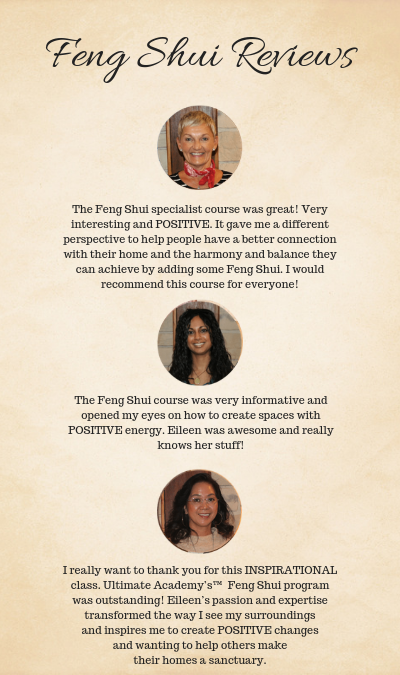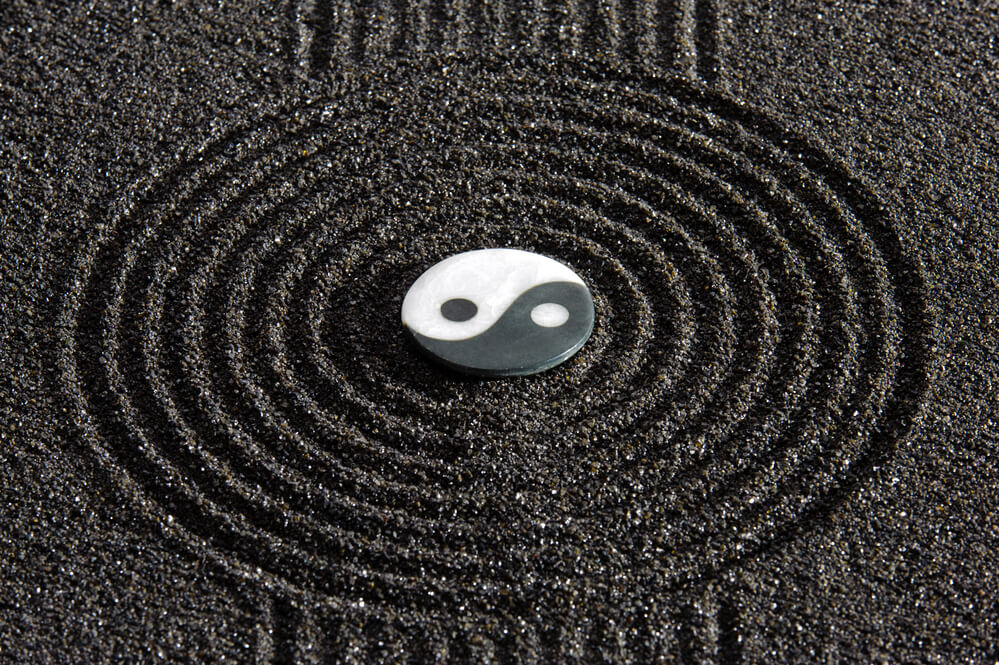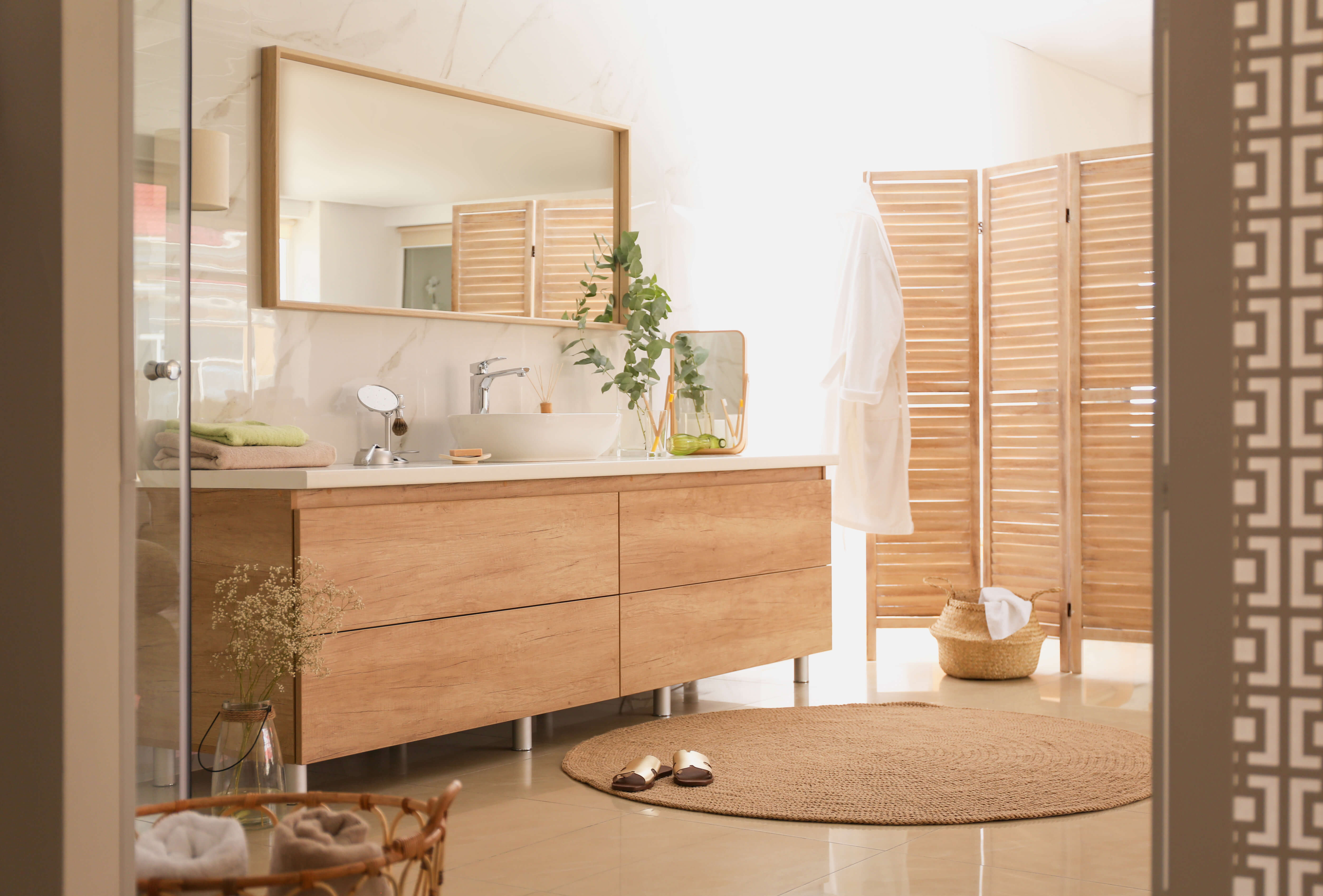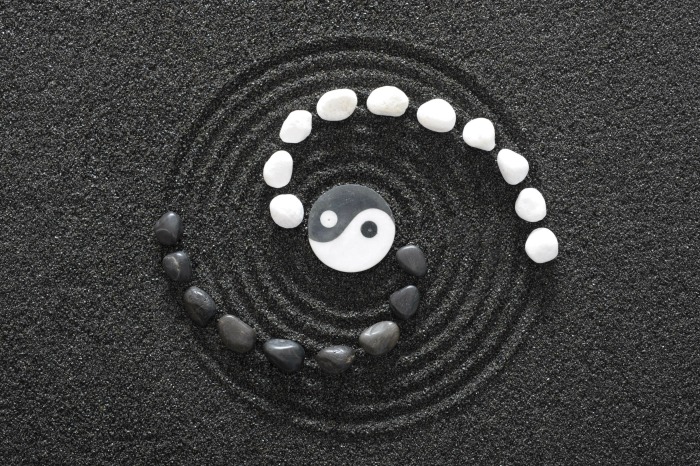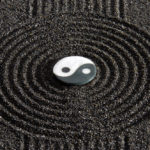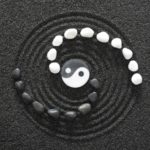Understanding the Differences Between Classical and Modern Feng Shui
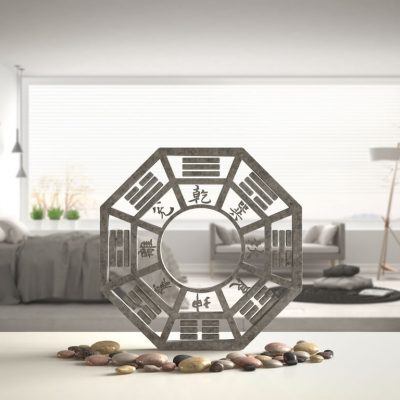
“When you do Feng Shui, you tell the Universe you want a better life – first by setting your intention, then by taking action.” – TheFengShuiStudio.com
As any passenger on a long road trip can attest, music is a very personal thing. Whether it’s classical, oldies, alternative, or any other genre, everyone has a favorite. The power of music is not diminished by its innate ability to polarize its listeners. In fact, its very essence is strengthened by this seemingly divisive quality. The underlying passion of individual preferences only augments music’s universal power.
Feeding this energy is the respect for music’s origins; for without the symphonies created hundreds of years ago, today’s music would not exist. Crowds still gather in darkened amphitheaters, drawn to the timeless allure of classical compositions.
There are many parallels between the growth of music and the practice of Feng Shui. Just as musical genres can polarize their followers, so can Classical and Modern Feng Shui. But regardless of approach, the passion underlying these preferences amplifies the universal power of Feng Shui.
Classical Feng Shui:
- Originated in China thousands of years ago.
- Analyzes landforms and compass readings for ideal locations.
- Links human destiny to their environments.
- Based on compass directions and the balance of the Five Feng Shui Elements.
- Uses compass, mathematics, birthdate, and numerology.
- External landscape and home’s direction are crucial.
Modern Feng Shui:
- Evolved as Chinese Feng Shui traveled to the West.
- Honors its classical origins.
- Addresses modern factors: electromagnetic pollution, environmental psychology, space clearing, clutter management.
- Focuses on the layout, décor, and furniture placement.
- Less concern with calculations and compass directions.
- Balances the Five Feng Shui Elements.
Choosing between Classical and Modern Feng Shui comes down to personal preference. Both aim to cultivate positive energy flows, creating environments that bolster health, wealth, and happiness.
Feng Shui, regardless of its form, serves as a powerful tool to enhance life, incorporating meaningful symbols to bolster personal and professional aspirations. At Ultimate Academy®, both the Classical and Modern approaches are honored. Graduates learn to integrate both styles into contemporary design, validating the rich history of Feng Shui symbols and infusing them into today’s interior designs.
The Power of Feng Shui:
Whether you lean towards Classical or Modern Feng Shui, the practice offers an invaluable opportunity to harness the potential of one’s space, helping to align priorities and values. It aids in decluttering both physical and mental spaces, opening pathways for positive energy. Graduates of Ultimate Academy’s® programs integrate Feng Shui into various domains, from home staging to organizing, crafting harmonious environments that support well-being.
Like music, without Classical Feng Shui, the Modern approach would not exist. While the two may differ, their shared goal of harmony and balance remains. Some might perceive them as contrasts, but their collective essence enhances the universal appeal of Feng Shui.
Both Classical and Modern Feng Shui have unique strengths, but they share a core purpose: to enhance lives. Through understanding and applying their principles, one can find balance, peace, and prosperity.





